Think you have psoriasis? You’re not alone. Psoriasis is a common condition, affecting 125 million people worldwide, or a full 2-3% of the world’s population (National Psoriasis Foundation).
Psoriasis causes red, itchy patches on the body that may appear scaly (MedlinePlus). It is not contagious and is generally an inherited condition that tends to show first between the ages of 11 and 45 (A.D.A.M. Medical Encyclopedia). It can be severely problematic for patients, even getting in the way of their daily activities. Fortunately, for those with proper treatment, it’s a manageable condition that, for some, can go into remission for weeks, months, or even years.
Unfortunately, psoriasis a chronic condition, meaning there’s not “cure;” though, like many diseases there are steps (detailed below) one can take and treatments for managing the condition.
What is Psoriasis?
Common plaque psoriasis typically affects the knees and elbows, though it can show up nearly anywhere, including scalp, hands, and genitals.In common plaque psoriasis, the overgrowth of skin cells that collect at elbows, knees, hands, scalp, face and other areas can cause embarrassment and in some cases can be painful as clothing catches and pulls on the dry skin patches. On the other hand, psoriatic arthritis can lead to inflammation of the joints (Mayo Clinic).
A 1974 survey that appeared in Dermatologica demonstrated that psoriasis most commonly appears on the lower limbs, but the next common place was the scalp. Most of the patients saw improvement in hot weather and sunlight, and one-third of the women saw their condition improve during pregnancy. Other surveys have shown that many patients feel psoriasis can have a profound effect on their well-being, affecting not only their body, but also their emotions and ability to socialize (JAMA Dermatology).
How Do You Treat Psoriasis?
There are three main types of treatments: topical treatments, oral treatments, and phototherapy. All perform with varying degrees of success.
Steroid creams are commonly prescribed, but many people do not like the side effects, which can include a puffy face, unwanted hair growth, and oily skin.
Other solutions in the beauty industry include regular exfoliation and alpha hydroxy acids (AHAs).One study of 12 patients found that a creams with 15% glycolic acid, as well as .05% betamethasone, respectively, were helpful in reducing erythema, transepidermal water loss (TEWL), and lowering Laser Doppler values (Dry Skin and Moisturizer). And alpha hydroxy acids mixed with betamethasone were found to be even more effective in treating psoriasis in a double-blind, split-face, single site clinical study (JEAVD).
Can Exfoliation Help Psoriasis?
Yes, but only with an exfoliator that is gentle enough for psoriasis. With a Level 1 Extra Gentle ViaBuff exfoliator, the mesh is assembled in a loose, open fashion, which may help to aid psoriasis plaques without being too abrasive. The Level 1 Extra Gentle ViaBuff exfoliator will also play a key role in keeping skin renewed but still moisturized. This may help some of the adverse side effects of drying and cracking that can come along with psoriasis.
In Summary
Psoriasis is not curable, but with proper care, it can go into remission for long periods of time. Can exfoliation help psoriasis? Absolutely! But in order to exfoliate for psoriasis, you need to use an exfoliator that is gentle. We suggest you try a ViaBuff Extra Gentle Level 1, with open cell mesh construction, water-loving material, and skin refreshing capabilities to improve the texture and feel of your skin!

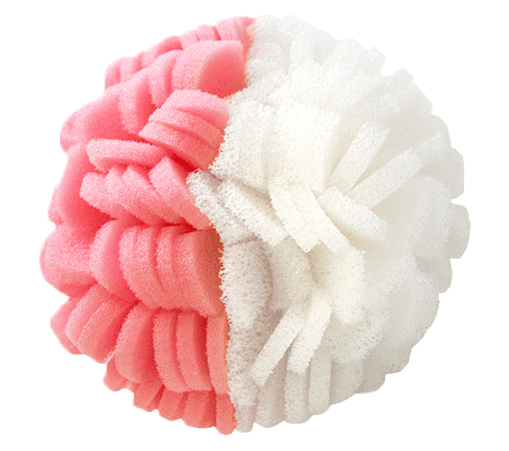
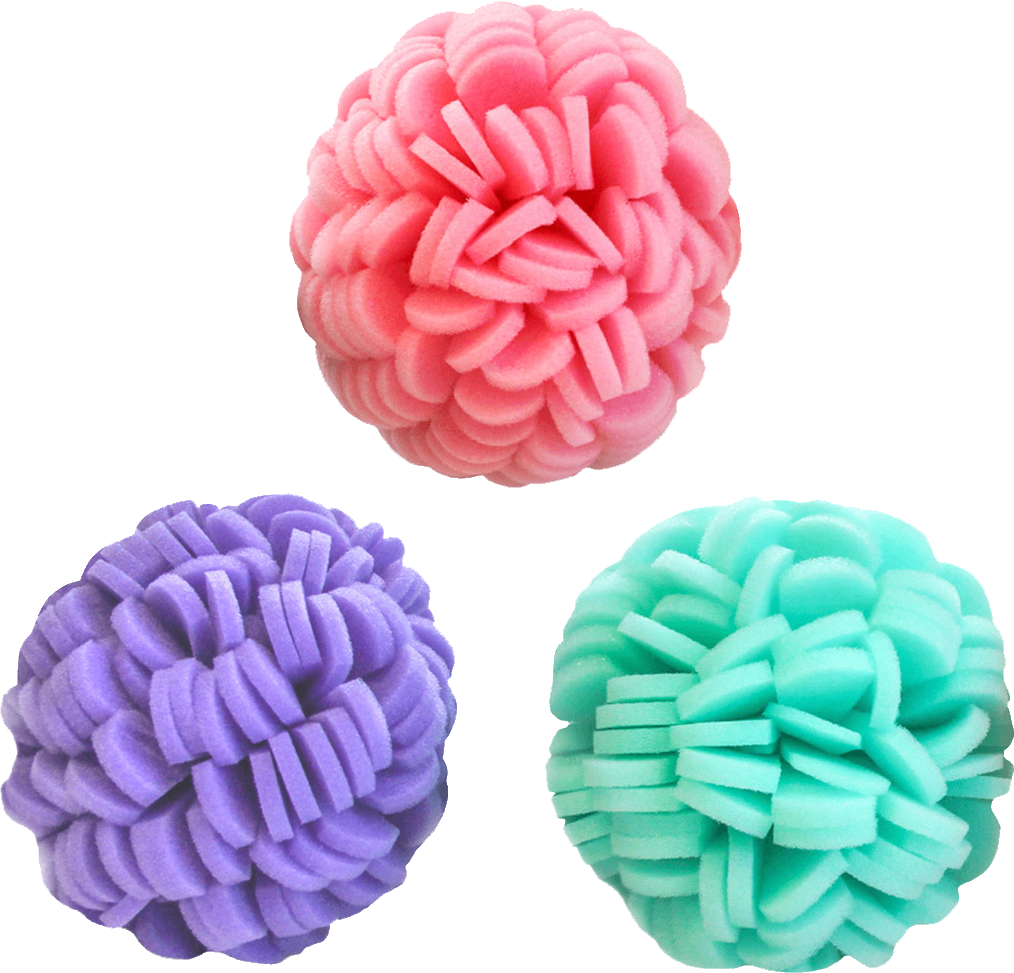
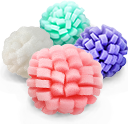
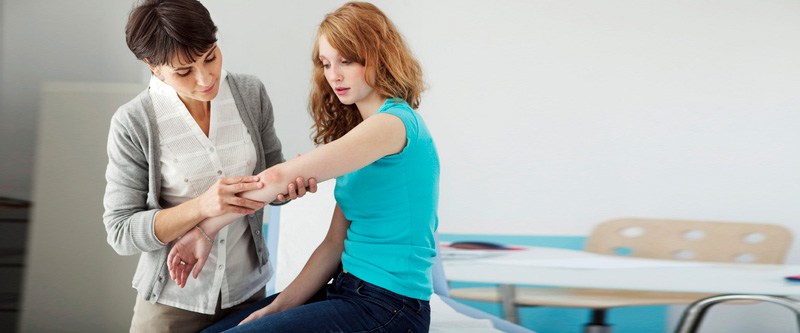

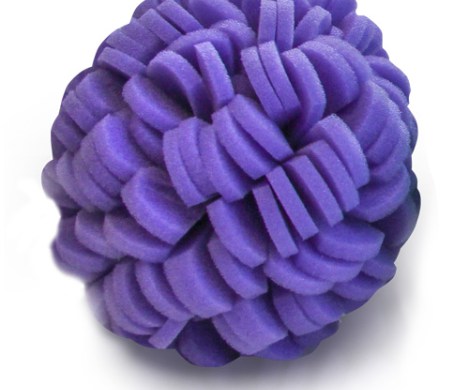
Comments 2
How often should exfoliate my scalp, I have normal skin but a very sensitive scalp, I usually avoid exfoliation, please guide how frequently should I exfoliate? your advice will be much appreciated.
I just started using Excipial hydrating skin lotion, it helps with itching and exfoliates really gently I have a tendency to scratch and claw till bleeding occurs I have applied this twice and can feel a difference I think I have tried everything out there, I am hoping that this helps and other suggestions the doctor hasn’t given me anything yet and I am covered from head to toe and the bottom of my feet I have no income and could use help. I have suffered every day for over 2 years no change its hard to sit and stand. I found the Excipial lotion at Dollar Tree and have not had enough applications yet to see of its gonna work, I have PTSD and Graves Disease do these make it worse? I am 47 will be 48 this year I cant work at this time and I am miserable and they are painful, burn, itch and I wont wear shorts or short sleeve shirts. PLEASE HELP